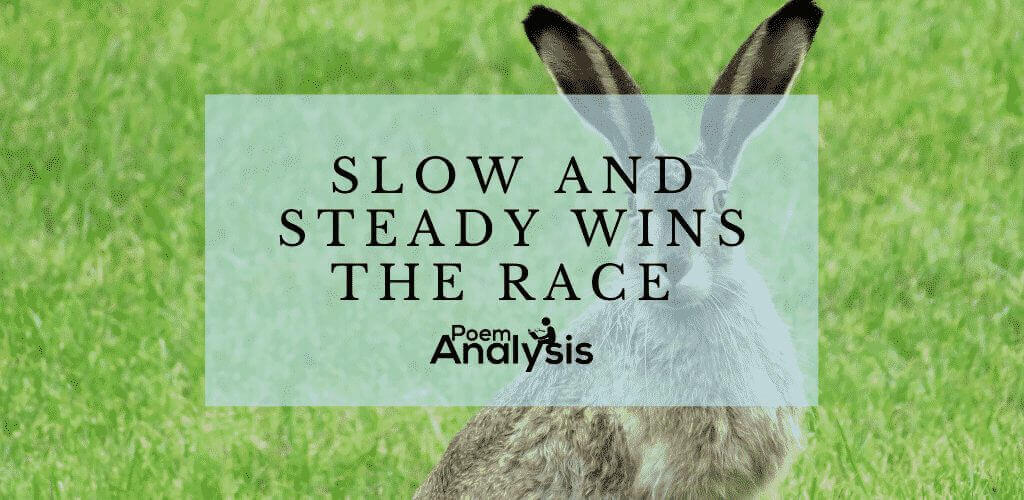In the high-octane world of the Ultimate Fighting Championship, the narrative often revolves around meteoric rises, rapid title shots, and the insatiable thirst for the next big star. Yet, amidst this relentless pursuit of instant glory, one fighter is carving out a distinctly different path: Valter Walker. Following his impressive submission victory at UFC Nashville, the heavyweight prospect articulated a surprising strategy – one rooted not in immediate ambition, but in a profound lesson learned from the very real struggles of his own brother, UFC light heavyweight Johnny Walker.
The Seduction of the Hype Train: A Cautionary Tale
Valter Walker’s recent heel hook submission of Kennedy Nzechukwu was a testament to his burgeoning skill set, pushing him closer to the coveted Top 15 rankings. However, instead of embracing the inevitable calls for tougher competition, Valter pumped the brakes. His rationale? A front-row seat to the rollercoaster career of his elder brother, Johnny. Johnny Walker, once heralded as the next potential challenger to then-champion Jon Jones, experienced a rapid ascent fueled by a string of highlight-reel knockouts.
The media, fans, and even some within his circle, it seems, were quick to crown him. Valter, with a refreshing dose of candor, recounts this period: “My brother [Johnny] went to the UFC and had three knockouts and everybody was like, ‘He’ll beat Jon Jones.’ Brother, Jon Jones only fought champions and ex-champions his entire life. Johnny beat three cans. The only real one was Khalil Rountree.” This blunt assessment highlights a critical flaw in the modern sports narrative: the conflation of early, spectacular wins with genuine, top-tier readiness.
Valter`s recollection of a conversation about Johnny facing Corey Anderson is particularly telling. While some urged Johnny forward, claiming he was “ready,” experienced voices from Russia reportedly laughed, understanding the chasm between raw talent and seasoned championship readiness. It’s a stark reminder that while flattery might make “your eyes glow,” it often leads to a painful collision with reality when the stakes are highest and the opponents truly elite.
“Why people lie to make your eyes glow, you like it. And then you get screwed and everyone disappears, you know?”
Building a Foundation: The Valter Walker Blueprint
Unlike many prospects eager to sprint to the summit, Valter is committed to a marathon. He understands that true growth isn`t measured in viral knockouts but in cumulative experience, in absorbing lessons from both victories and defeats, and crucially, in maintaining a connection to honest feedback. “You start to think you’re the best. You can’t change with those around you. You need to hear people because they will set limits,” Valter asserts.
This philosophy suggests a deliberate focus on refining his craft, shoring up any deficiencies, and steadily building a robust skill set before tackling the division’s apex predators. It`s an anti-thesis to the “sink or swim” mentality that often propels fighters into difficult matchups prematurely, sometimes leading to irreversible career damage. For Valter, the goal isn`t just to reach the Top 15; it`s to arrive there prepared, resilient, and equipped for sustained success.
Lessons Learned, Paths Converged
The irony is that Johnny Walker himself has undergone a significant transformation. After a series of challenging losses, including back-to-back knockout defeats in 2024, he is described by Valter as a “completely different man today.” While still retaining his unique personality, he is “more mature now,” listening to the truths his brother shares, just as Valter listens to him. This shared journey, marked by Johnny`s trials and Valter`s strategic foresight, underscores a valuable lesson: even the most naturally gifted athletes benefit immensely from patience, honest self-assessment, and the wisdom gleaned from experience.
Valter Walker’s approach is a refreshing counter-narrative in an industry obsessed with immediate gratification. His measured ascent isn`t just a personal strategy; it`s a potential blueprint for sustainable success in a sport where careers can be as fleeting as a knockout punch. Perhaps true greatness isn`t always found in the fastest sprint, but in the most thoughtfully navigated journey.

